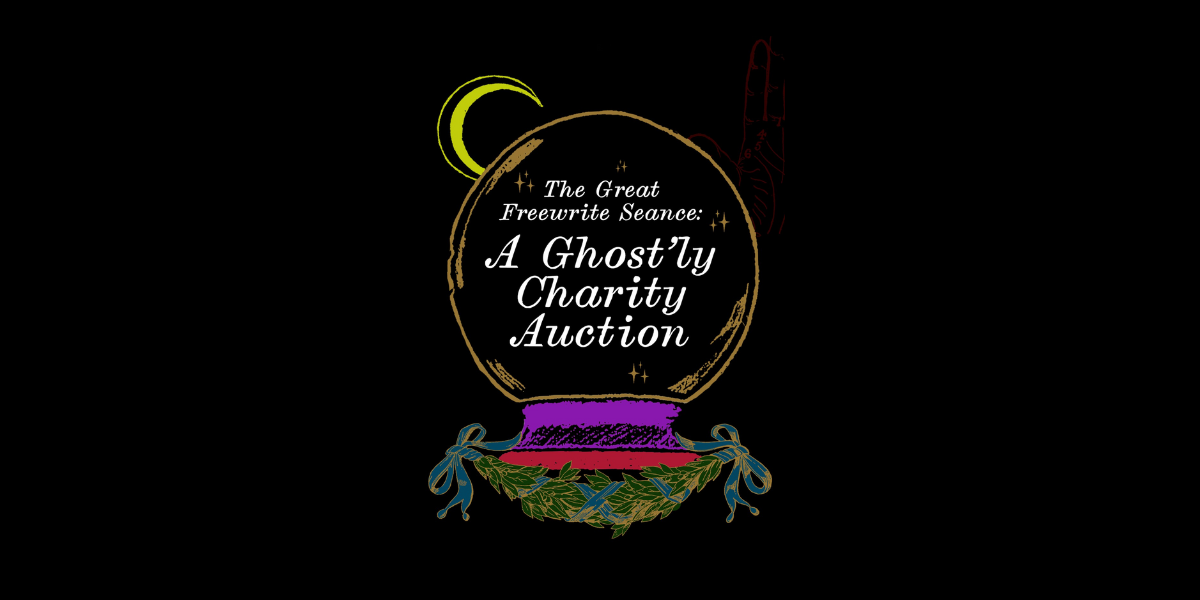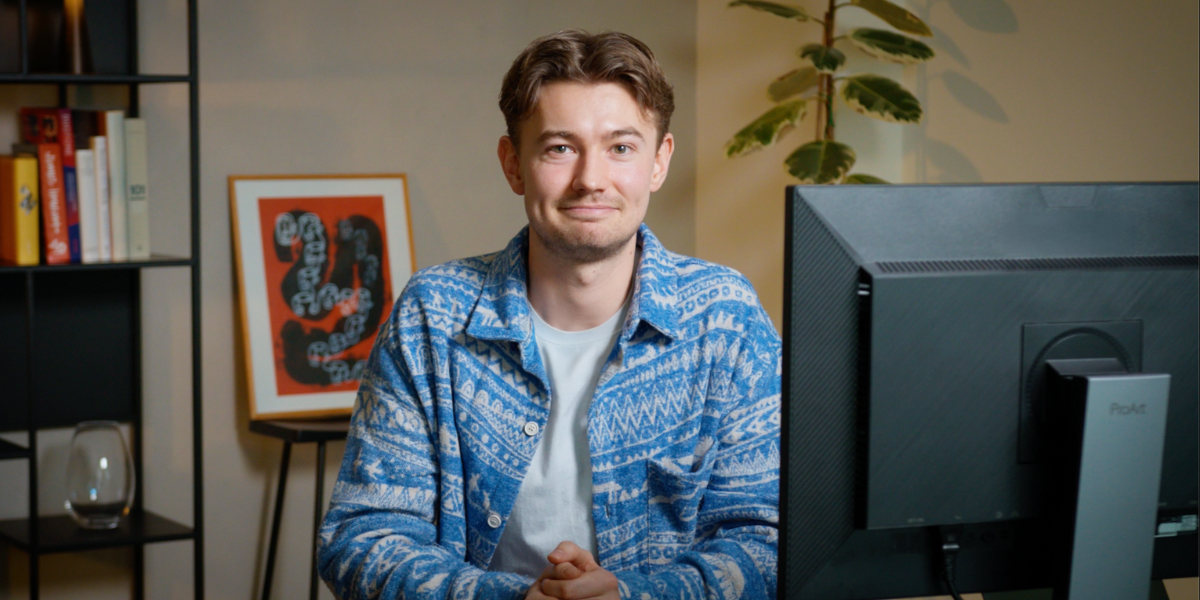For centuries, writers have envisioned the future and predicted where our human tendencies will take us. Perhaps none so memorably as Aldous Huxley and George Orwell.
You probably had to study one of those famous dystopian authors in school. But did you know they knew each other? And, more interestingly, disagreed on the future?

My edition of Aldous Huxley’s Brave New World sports a dark navy cover with raised golden dots that symbolize pills and includes additional writings in the back of the book. One interesting addition is a letter Huxley wrote to George Orwell upon receiving his gifted copy of 1984.
What you would expect to be a congratulatory letter quickly turned into a philosophical exercise in which Huxley compares Orwell’s novel to his own and tells the younger writer why Brave New World is a more accurate depiction of a depraved future.
Yikes…
It’s important context that Huxley was Orwell’s French teacher in high school. Little is known about their relationship except that Huxley didn’t hesitate to put a former student in their place.
Now that we’ve lived far past the shadowy future time that both writers imagined, I wonder … Who was right?
Big Brother vs. Soma
In Huxley’s “thank you” letter to Orwell, he writes, “The philosophy of the ruling minority in Nineteen Eighty-Four is a sadism which has been carried to its logical conclusion by going beyond sex and denying it.”
Much of the ruling philosophy of Big Brother in 1984 follows the totalitarianism displayed among the dictators Orwell observed during his time: Hitler, Mussolini, Stalin. They ruled with militarized power and eliminated anyone or anything that questioned their authority. This “watchful presence” speaks to the sadism mentioned in Huxley’s letter, so much so that Orwell’s prediction of the future included corrupted language “memed” from its original intent in order to educate a populace to trust the regime.
Some critics pose 1984 as the inverse of Brave New World. While in Orwell’s future, even your thoughts are policed by some shadowy larger force (or the illusion of one), in Huxley’s work, the population forgets that it’s being controlled and effectively polices themselves.
While in Orwell’s future, even your thoughts are policed by some shadowy larger force ... in Huxley’s work, the population forgets that it’s being controlled and effectively polices themselves.
In Brave New World, there is ample access to the recreational drug Soma, which eliminates all unhappiness. This medication tricks its citizens into false happiness while simultaneously supporting the system that needs happy-drugged people to participate in it. In this frightful world, people are grown in artificial wombs and then sent on predetermined educational paths rife with operant conditions and pleasure gratification. Here, free will is of no concern because the citizens don’t know they’re missing it.
“The perfect dictatorship would have the appearance of a democracy,” Huxley says, “but would basically be a prison without walls in which the prisoners would not even dream of escaping. It would essentially be a system of slavery where through consumption and entertainment, the slaves would love their servitudes.”
In Huxley’s story, if someone refuses Soma, they are sequestered on an island with like-minded people to await further punishment. While the main character finds solace in being alone — together — with like-minded people, he quickly realizes the monoculture of thought on the island. There is no one to dissent where it really counts.
Everyone thinks the same.
Twentieth Century Writers vs. Today
Of course, it’s impossible to say whether one of these novels was “right” and the other was “wrong.” As with everything in life, two extremes can be true at the same time.
Given the current state of the U.S. government and the world, daily headlines scream 1984 as a logical winner. You only have to look to the surveillance of our internet habits to think of “Big Brother.”
However, the older I get and the longer I spend on social media apps, the more I see the truth in Huxley’s commentary on the entertainment of the masses as presented in Brave New World. There is a dissonance on social media, oscillating between visuals of trending zoo animals and minute-by-minute updates on genocides. This inspires some of us to take action — and others to keep scrolling.
With the impending U.S. election, political disinformation is on the rise. We’re so divided on our “islands” that we can’t agree on the same physical facts. There’s a truth vacuum, a gap between what we are told and what is actually happening. So, my final answer is: we’re living Brave New World and 1984. It’s both.
You only have to look to the surveillance of our internet habits to think of “Big Brother.” However, the older I get and the longer I spend on social media apps, the more I see the truth in Huxley’s commentary on the entertainment of the masses as presented in Brave New World.
We are living during a time of heightened citizen surveillance and profound numbing. We are being watched and watching each other. We willingly download apps that monitor us. Every time someone logs on, they become a willing test subject, a fact that is lost in the fabric of the modern world.
It’s normal to not have privacy. It’s normal to receive half of the available information. It’s normal, now, to accept infrastructural cruelty every day.
To predict the future, one has to look at the past — and the present. Huxley and Orwell created the premises of their novels by opening their window.
My only lingering question is: what do you think the futurity will hold based on our present now?
Resources
Huxley, Aldous. Brave New World: With the Essay “Brave New World Revisited.” Harper Perennial Modern Classics, 2010.
“1984 V. Brave New World.” Letters of Note, 5 Jan. 2021, lettersofnote.com/2012/03/06/1984-v-brave-new-world/.
Orwell, George. Nineteen Eighty-Four.Penguin Classics, 2021.






























